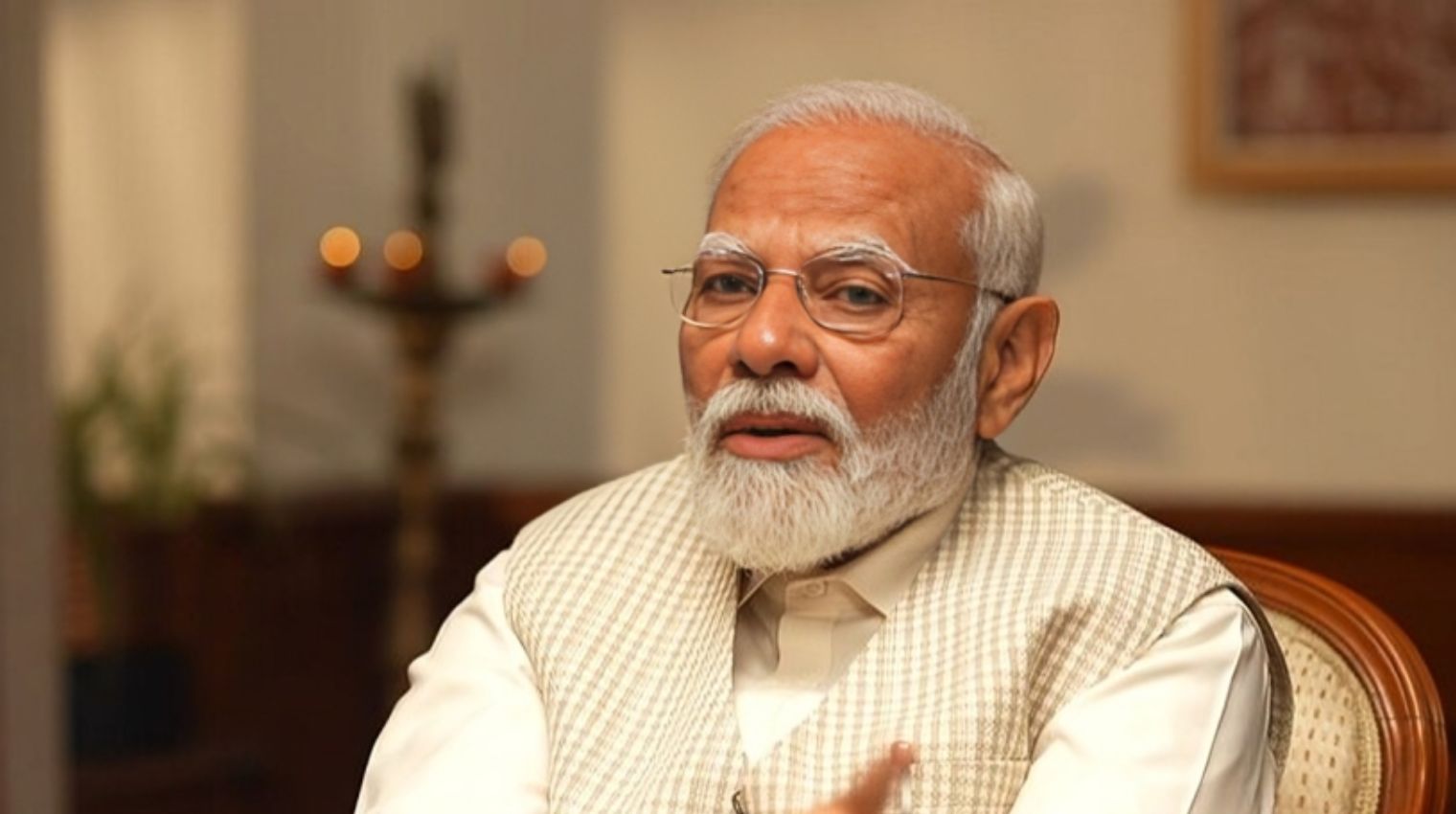Prime Minister Narendra Modi emphasized that his government’s third term will prioritize reducing electricity and transport costs for the public to zero while aiming to make India the world’s third-largest economy. Modi highlighted his goal of ensuring every household draws renewable power from rooftop solar panels to eliminate electricity bills.
He also mentioned the plan to sell surplus electricity, achieve self-reliance in the energy sector, and promote the use of electric vehicles. In an interview with News18 Group Editor-in-Chief Rahul Joshi, News18 Kannada Editor Hariprasad, and News18 Lokmat Anchor Vilas Bade, Modi discussed the benefits of accessing renewable energy sources at home for charging electric scooters and cars instead of relying on petrol and diesel.
Prime Minister Modi stated that his government’s goal is to elevate India to the position of the world’s third-largest economy during his third term. He stressed the importance of maintaining consistency in policies across all sectors.
Furthermore, he highlighted the government’s plans to transform India into a hub for startups, manufacturing, and innovation within the next five years. PM Modi also outlined his vision for a developed India by 2047, emphasizing his commitment to achieving this goal.
In addition, the recent approval of the PM-Surya Ghar: Muft Bijli Yojana by the Union Cabinet demonstrates the government’s dedication to promoting solar energy. This scheme aims to provide free electricity to 1 crore households by installing rooftop solar panels and offering financial assistance for the same.
Through the National Portal, households can apply for subsidies and choose a vendor for the installation of rooftop solar systems. The website also offers valuable information to help households make informed decisions, including system sizes, benefits calculators, and vendor ratings.
Moreover, households can access low-interest loan products for the installation of residential rooftop solar systems up to 3 kW. This initiative aims to encourage the adoption of solar energy and contribute to India’s sustainable development goals.
Additional components of the program include the establishment of a Model Solar Village in each district to serve as a blueprint for the implementation of rooftop solar systems in rural regions.
Furthermore, urban local bodies and Panchayati Raj institutions will receive incentives to encourage the installation of rooftop solar panels within their jurisdictions.
Under this initiative, households can not only reduce their electricity expenses but also generate extra income by selling excess power to utility companies. A 3 kW system is projected to produce over 300 units per month on average for a single household.
The primary goal of the program is to introduce 30 GW of solar capacity through rooftop installations in residential areas, producing 1,000 billion units of electricity and leading to a decrease of 720 million tonnes of CO2 emissions over the 25-year lifespan of the rooftop systems.
It is anticipated that the program will generate approximately 1.7 million direct job opportunities in manufacturing, logistics, supply chain, sales, installation, operation, maintenance, and related sectors.

